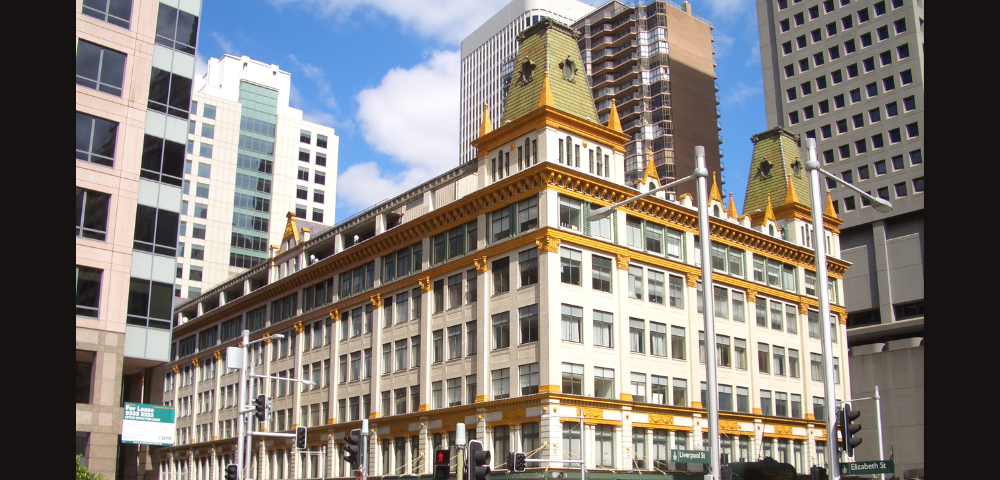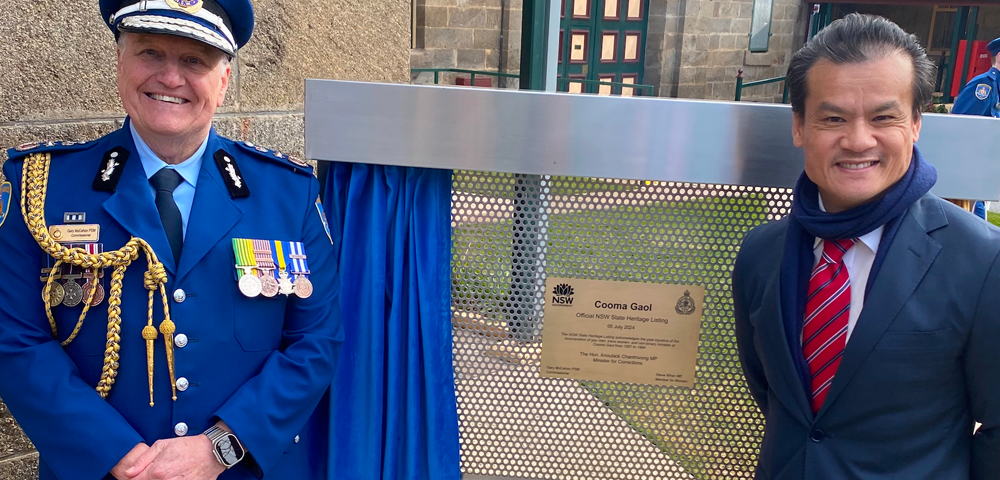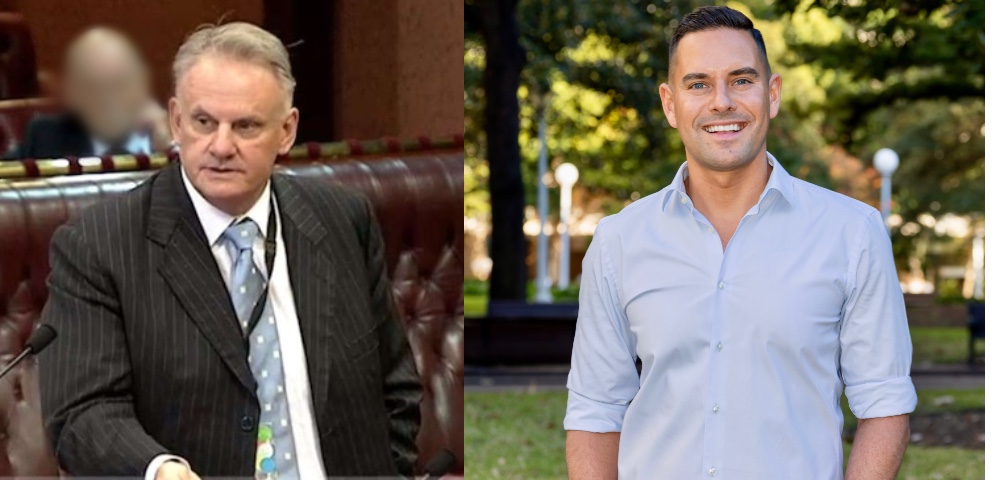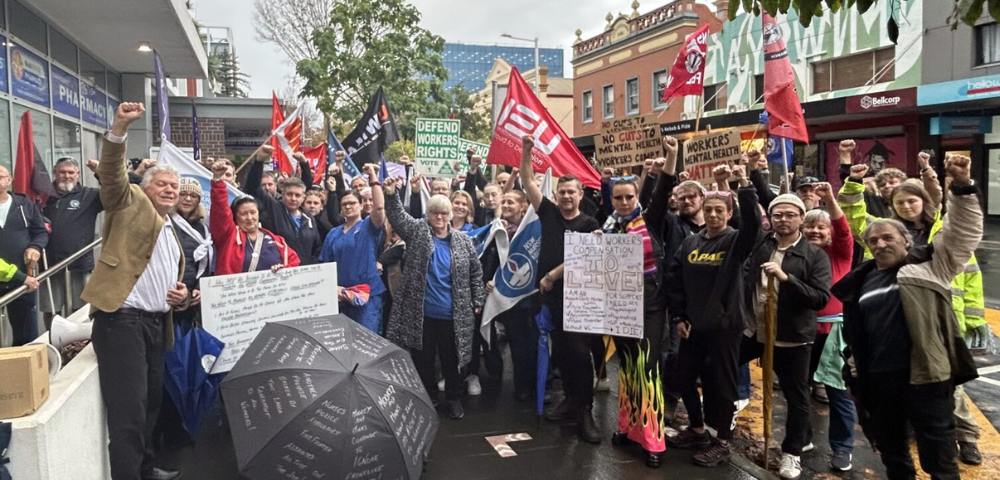
Support for victims at work
The City of Sydney Council will support their employees who are victims of domestic violence in order to reduce the impact the violence has on the employee’s personal and professional life.
As part of the City of Sydney Council’s recent ‘Dealing with Domestic Violence at Work’ policy, an employee is protected under a domestic violence clause providing support through measures such as paid leave, confidentiality and the protection from adverse treatment.
A spokesperson from the Australian Domestic and Family Violence Clearinghouse (ADFVC), who helped the Council develop its policy, Ludo McFerran, said it was important that victims of domestic violence continue working.
“Economic dependency keeps them in violent relationships and independency gives them choices,” she said. “Victims of domestic violence need the support to stay in their homes and in their jobs to minimise the impact of the abuse.”
The Council joins other NSW government institutions, including Ashfield Council and the NSW Department of Premier and Cabinet, which have introduced Domestic Violence Leave policies for their staff.
The policy, follows Councillor Meredith Burgmann’s motion earlier this year.
However, it was Victoria who pioneered the motion in 2010 as the Surf Coast Shire Council, Torquay, negotiated with the Australian Services Union for the first Enterprise Agreement that allows for 20 days Domestic Violence Leave.
The Council’s policy includes no specific number of days for paid leave and instead City of Sydney’s Chief Executive Office, Monica Barone, said the individual’s need would determine the amount of days afforded to the employee. However, Cr Burgmann said the policy’s lack of specificied paid leave days will discourage employees for seeking the entitlement.
“Experience has shown over and over again that if an employee thinks the leave is an entitlement, rather than a favour from the employer, they will take it.
“We wanted the words of at least 20 days, as other councils have specified, but it is better than nothing.”
Ms McFerran said Australia has an attitude that domestic violence is not to be tolerated.
“What we really need to do now though, is to inform the workplace about how it affects the employee,” she said. “It is not so much an isolated home matter, it comes to work.”
According to ADFVC’s ‘Safe at Home, Safe at Work?’ survey, 30 per cent of respondents had personally experienced domestic violence and nearly half reported that the violence affected their capacity to get to work. The major reasons were physical injury or restraint, followed by hiding keys and failure to care for children.
Councillor Irene Doutney said: “For many victims of domestic violence, it takes a long time to recognise what is going on and to break away from the tendency to blame oneself.
“This is even more true of women with families who are trying to save their family unit and shield their children from the violent behaviour of their father.”
Ms McFerran understands the difficulties facing victims of domestic violence who are trying to maintain a “normal family life.” She said it is unfair to expect the woman to be the one who must leave
or change in this circumstance.
“Why the hell should she leave? She wants to keep her home, her kids and her place in the community,” Ms McFerran said.
This sentiment is shared by Susan Smith, a solicitor and coordinator of the Sydney Women’s Domestic Violence Court Advocacy Services.
“Many times there is an expectation that the woman be the one who changes her life in response to domestic violence,” she said.
However, Mrs Smith said most employers see the value in supporting staff who are victims of domestic violence.
“If you have somebody who is skilled and who you have trained up, you don’t want to lose them.
“It is simply about ensuring she is safe from the violence within her workplace and making affordances for her in what is a transient period of her life.”
By Kristie Beattie









